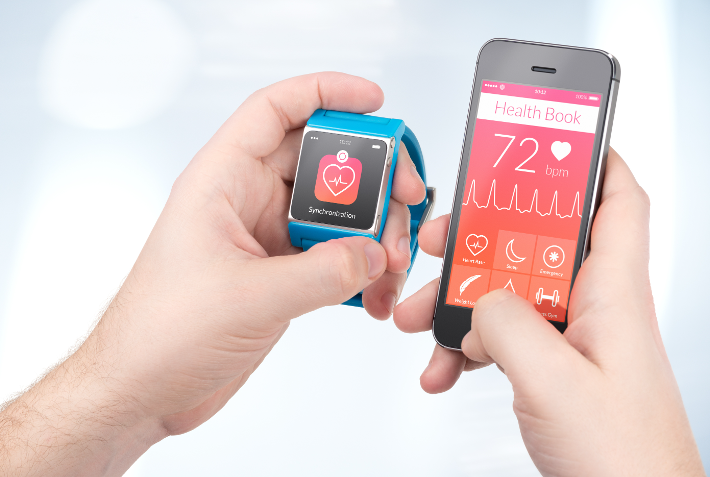
Genomics and Health: Understanding Your DNA for Better Health.
Artificial intelligence (AI) has emerged as a transformative force in healthcare, revolutionizing the way diseases are diagnosed, treated, and managed. This article explores the significant impact of AI on healthcare delivery, highlighting its potential to improve patient outcomes and streamline clinical workflows.

For example, AI algorithms trained on medical imaging data can accurately identify tumors, lesions, and other abnormalities in radiological scans such as X-rays, MRIs, and CT scans. These algorithms can analyze images with incredible speed and accuracy, assisting radiologists in making more accurate diagnoses and treatment decisions. Similarly, AI-powered diagnostic tools can analyze genetic data to identify genetic mutations associated with hereditary diseases, enabling early detection and intervention.
In addition to diagnosis, AI is revolutionizing treatment planning and personalized medicine. By analyzing patient data and clinical guidelines, AI algorithms can recommend optimal treatment plans tailored to individual patients' unique characteristics, including genetic makeup, medical history, and lifestyle factors. This personalized approach to treatment maximizes efficacy while minimizing side effects, leading to better patient outcomes and improved quality of life.
Moreover, AI is transforming healthcare delivery by optimizing clinical workflows and streamlining administrative tasks. Natural language processing (NLP) algorithms can analyze unstructured clinical notes and documentation, extracting relevant information and generating structured data for electronic health records (EHRs). This automation of data entry and documentation reduces administrative burden on healthcare providers, allowing them to focus more time and attention on patient care.
Furthermore, AI-powered predictive analytics can forecast patient outcomes and identify high-risk individuals who may benefit from early intervention or preventive measures. By analyzing patient data in real-time, AI algorithms can identify trends and patterns indicative of deteriorating health or impending medical emergencies, enabling proactive intervention and timely treatment.
Despite its numerous benefits, the adoption of AI in healthcare is not without challenges. Issues such as data privacy, algorithm bias, and regulatory compliance need to be addressed to ensure the safe and ethical use of AI in clinical practice. Additionally, healthcare providers require training and education to effectively integrate AI-powered technologies into their workflows and decision-making processes.
In conclusion, AI has the potential to revolutionize healthcare by enhancing diagnosis, treatment, and patient care. By leveraging the power of machine learning, predictive analytics, and natural language processing, AI algorithms can analyze vast amounts of medical data to deliver more accurate diagnoses, personalized treatment plans, and proactive interventions. As AI continues to evolve and mature, it holds the promise of transforming healthcare delivery and improving patient outcomes on a global scale.